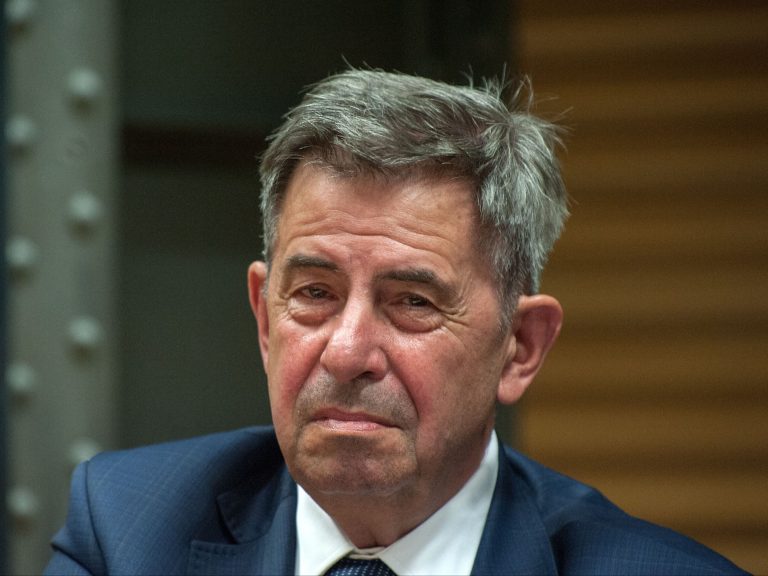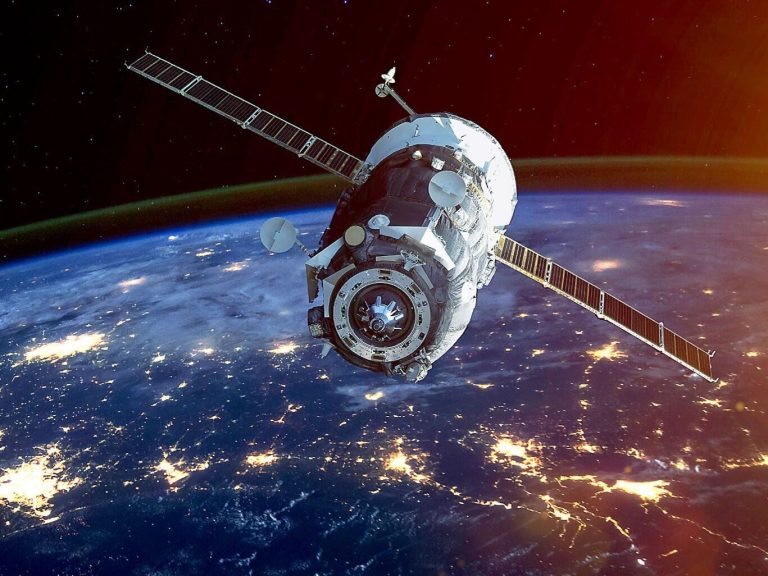Why do we need to switch to bottle recycling? It's not only about the planet, but also people's health

In 2025, new recycling regulations will come into force. You will be able to return plastic bottles in large stores and receive a refund of your deposit. But there's more to it than that. To save the planet, which is drowning in plastic, and suffers, among others, animals and people who consume dangerous microplastics every day. The scale of this problem is staggering.
On January 1, 2025, all large stores in Poland will have recycling machines for used beverage containers. This is part of new regulations aimed at increasing the efficiency of recycling and environmental protection.
Biedronka and Lidl have already started testing the so-called “bottle lockers”, slowly preparing for these regulations. The devices are intended to encourage consumers to return used bottles and cans, because for each of them they will be able to receive a refund of a deposit of 50 groszy.
The new regulations will cover: disposable plastic bottles with a capacity of up to 3 liters (e.g. packaging for water, milk, etc.), reusable glass bottles with a capacity of up to 1.5 liters, as well as metal cans with a capacity of up to 1 liter.
The deposit will be added to the price of the drink and returned when returning the packaging to stores, which will be obliged to collect empty bottles and cans and return the deposit without the need to present a receipt.
The deposit system will be mandatory for stores with an area of over 200 square meters. Smaller outlets will be able to voluntarily join the system, but all sales outlets, regardless of size, will have to collect a deposit for packaging covered by the regulations. This solution is intended to contribute to increasing the level of recycling and, consequently, reducing waste in the environment and reducing greenhouse gas emissions.
A matter of life and death
Plastic pollution is a global crisis, comparable to global warming, according to a report by the Environmental Investigation Agency. Already in 2022, the organization appealed to the UN for a binding treaty on reducing the production of plastic and waste, which was supported by over 100 countries. China, as the largest producer of plastic, has, of course, consistently remained silent on this topic.






